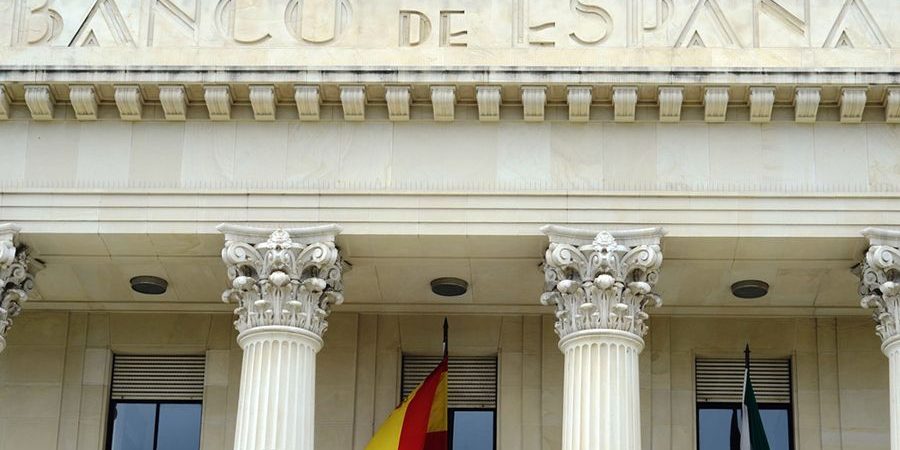The Central Bank of Spain has published a guide to registering companies, marketplaces and banks wishing to provide cryptocurrency services to Spanish citizens.
Last week, local banks asked the Bank of Spain to clarify whether they should register with the register of cryptocurrency service operators if their activities are already controlled by the regulator.
The central bank dispelled their doubts by stating that any institutions and individuals wishing to provide cryptocurrency services in the country are required to apply for registration with the Bank of Spain. This applies both to foreign cryptocurrency platforms working with Spanish citizens and to firms based in Spain but serving users from other countries.
Organizations can send the application and the necessary documents to the regulator in a remote format. Individuals have the opportunity to apply directly to the offices of the central bank. According to the local newspaper El Ecomista, for the provision of cryptocurrency services without the permission of the regulator, violators will pay a fine from 150,000 euros to 10 million euros.
The leadership of the Central Bank of Spain is aimed at preventing money laundering and terrorist financing. It stipulates that cryptocurrency firms form a policy of interaction with clients, from the beginning of transactions to the termination of cooperation. Cryptocurrency companies will be required to periodically conduct due diligence of documents and information, as any changes in their activities could affect their risk profile. They also need to draw up precise instructions for management and staff how they should act when they detect transactions that may be associated with money laundering or terrorist financing.
In addition, operators of cryptocurrency services need to provide detailed information about their business model, whether it is using cryptomats or centralized or decentralized platforms; whether they have the ability to make peer-to-peer transactions; do they cooperate with third parties to which cryptocurrency firms can delegate their responsibilities.
When registering, digital asset companies must indicate the types of customers they serve: non-residents, financial or public organizations. Moreover, they must indicate the “geographic map” of the users served: whether it includes offshore zones and countries that have come under economic sanctions, as well as states with a high level of corruption.
The Bank of Spain will decide to reject or approve each application submitted within three months of its receipt. During the consideration of applications, the regulator may require additional information or documentation.
Recall that in October last year, the Central Bank of Spain began to study the possibility of launching its own digital currency and explore its potential risks.







